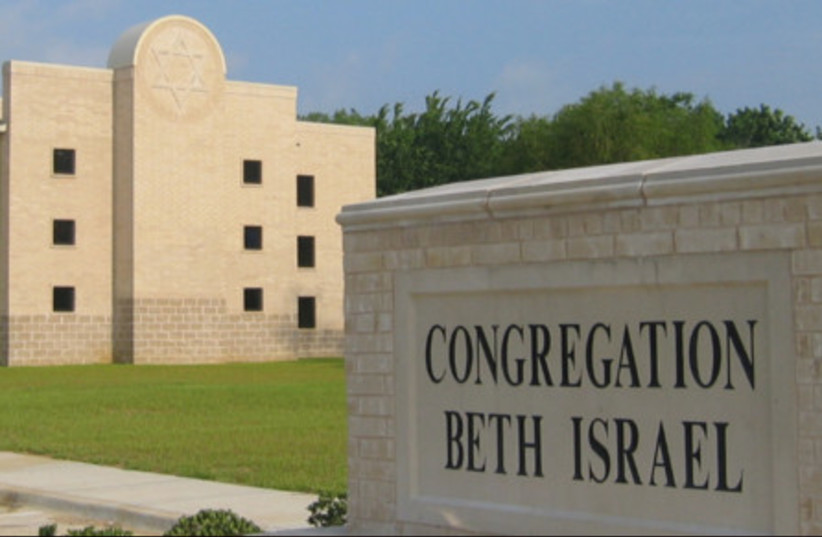Santuaries For All
"He got a little agitated [when he was refused shelter for the night], saying, ‘you’re not helping out a fellow brother in the faith’ and all that stuff.""When he did get agitated he was shown the door and left.""[When he returned a day later] He had like a man purse with him and God knows if he had the gun with him already and thank God that he didn’t shoot anybody or do anything bad at our place.""I am shocked that he did not do something like this at our mosque because they said he was really agitated the first day."Khalid Hamideh, spokesman, Islamic Center of Irving"He was dropped off by an individual, we saw him get out of a car, they had one-on-one conversations in the parking lot, but then they actually came into the building together and had conversations inside and then finally when the other guy departed they gave each other a hug."'[Akram stayed three nights at Union Gospel Mission Dallas], We were a way station for him.""He had a plan. He was very quiet. He was in and out."Wayne Walker, OurCalling CEO
 |
| Malik Faisal Akram is seen in this handout photo taken at a faith based daytime outreach center in Dallas, Texas, U.S., January 2, 2022 and obtained by Reuters on January 18, 2022. Courtesy of OurCalling, LLC./Handout via REUTERS |
"I made sure that the two gentlemen who were still with me, that they were ready to go. The exit wasn't too far away. I told them to go. I threw a chair at the gunman, and I headed for the door. and all three of us were able to get out without even a shot being fired.""[I was taught] that if your life is threatened, you need to do whatever you can to get to safety, you need to do whatever you can to get out.""It didn't look good [so he decided to throw a chair at the gunman].""We escaped. We weren't released or freed."Rabbi Charlie Cytron-Walker, Congregation Beth Israel, Colleyville, Texas
As a sparse number of congregants gathered for the evening service in recognition of COVID distancing, and began praying, the rabbi facing away from the congregation heard a clicking sound of an automatic slide engaging a round. Akram said, during the hours of standoff that followed that he had chosen Congregation Beth Israel since it seemed to him to be the closest gathering of Jews to a federal facility in Fort Worth where Siddiqui is imprisoned.
The United States, he said, "only cares about Jewish lives". He wanted to see Siddiqui, wanted to have her released. The FBI negotiators in their efforts to defuse the hostage taking, connected the attacker with his family in England. His brother who said the family was "devastated" and "do not condone any of his actions", explained that his brother had "released" the hostages through the fire exit, and since he was cooperating with the Blackburn police working with FBI negotiations, "I should know".
According to initial news releases the FBI had not intended the event to be described as a "terrorist" act. The FBI also informed news media that they had released the remaining three hostages after a previous release by the hostage-taker of one of the congregants. The rabbi and a member of the congregation both attributed active threat training as having aided them in personally managing the situation. "This training saved our lives -- I am not speaking in hyperbole here", said Jeffrey Cohen of the 11 hours they wre held hostage, continually threatened by the gun-toting terrorist.
According to Cohen, the three men still held by the hostage-taker continually inched closer to an exit door over the hours they were being held until they were within 20 feet of the door, finally able to flee. "We escaped. We weren't released or freed", he wrote. As for Rabbi Cytron-Walker: "It’s safe to go to shul"; synagogues should continue to make themselves sanctuaries for all.
 |
| Beth Israel Synagogue in Colleyville, Texas, where four hostages were held. (credit: JTA) |
Labels: British Hostage-Taker, Colleyville Texas, Congregation Beth Israel
0 Comments:
Post a Comment
<< Home